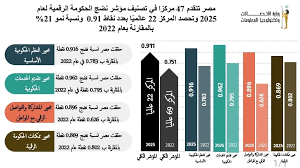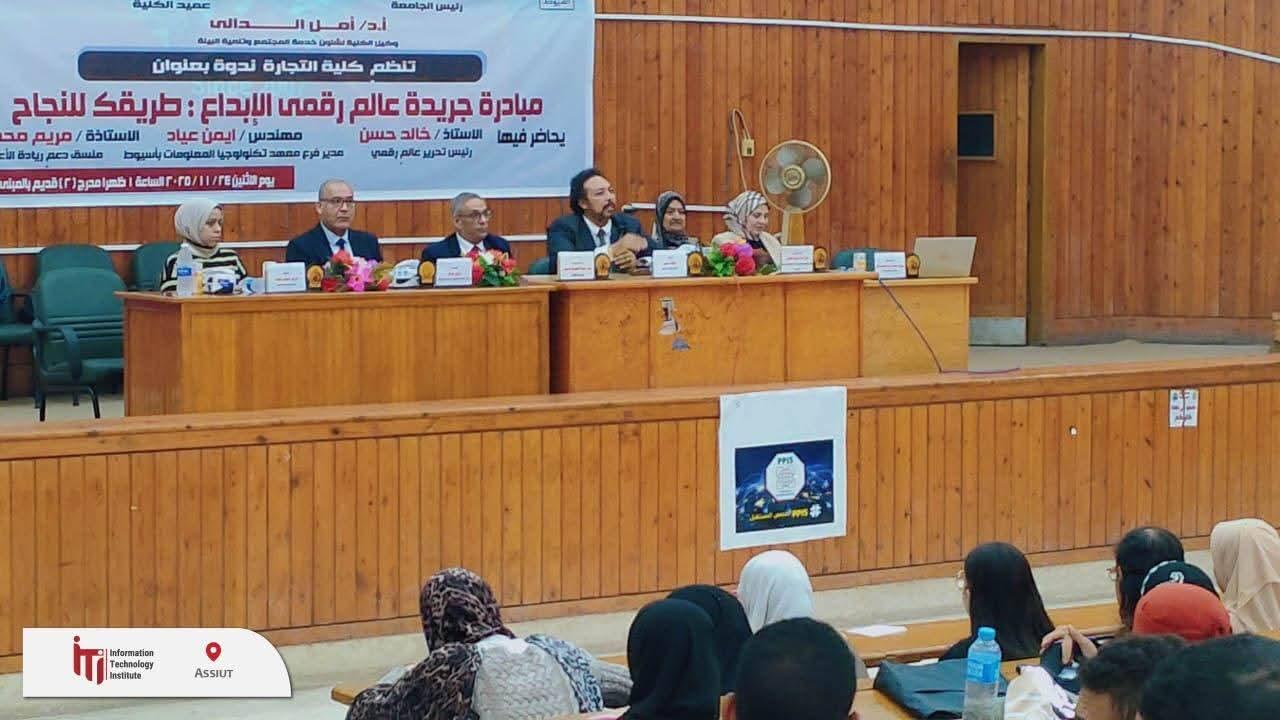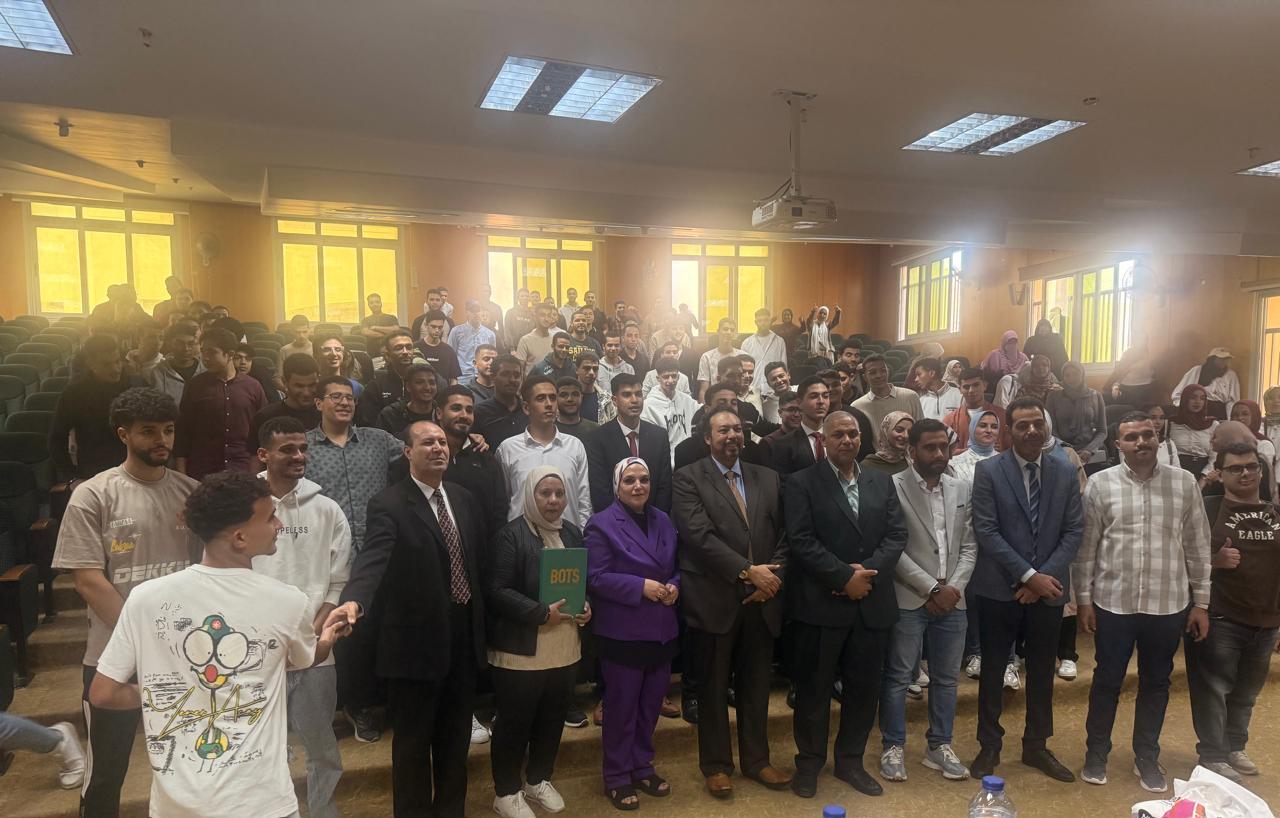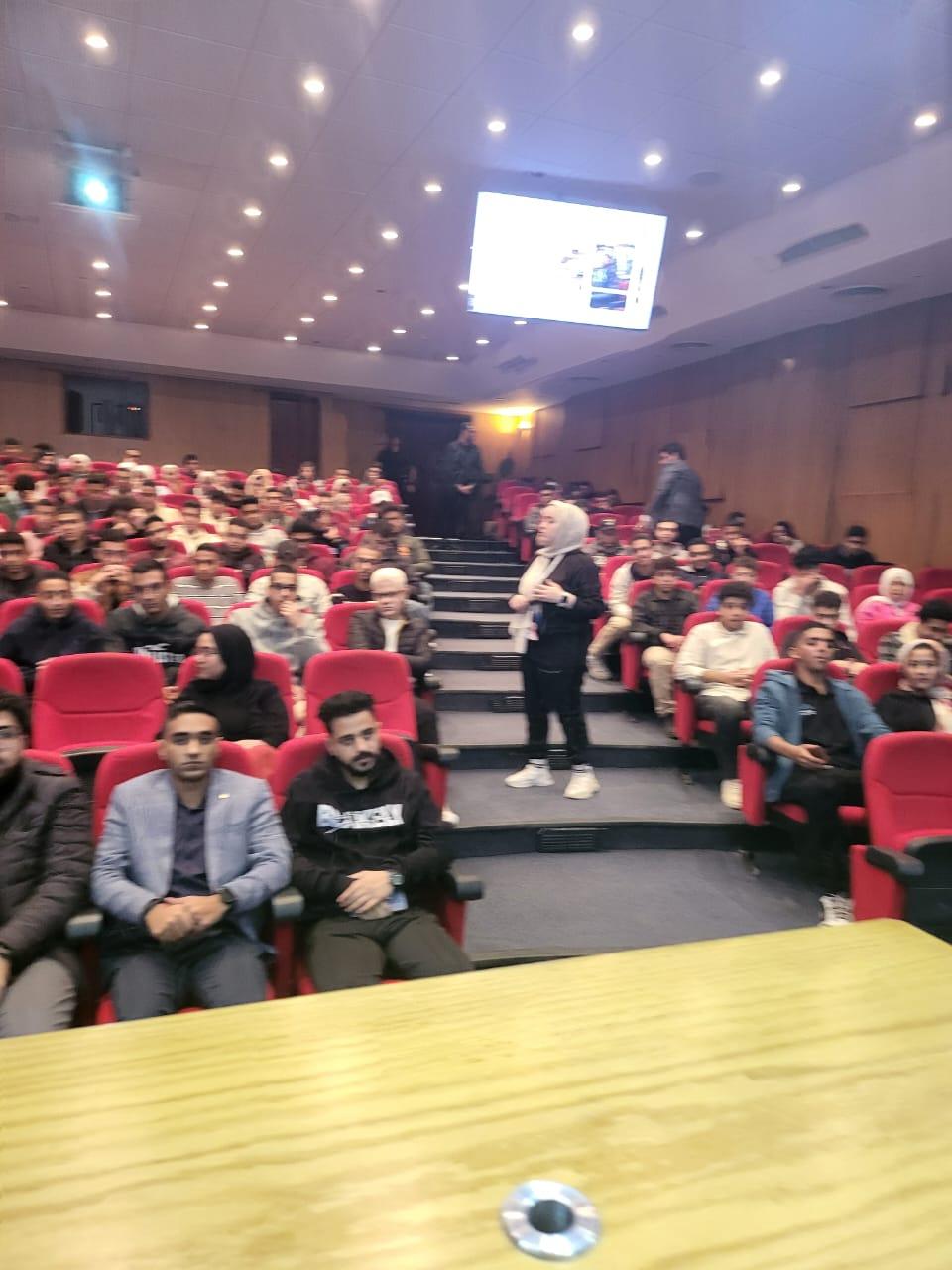By ; Mohamed Shawky
The unfolding global Coronavirus health crisis has forced businesses across Africa to evaluate the strength of their technology and capability.
As of 24 March 2020, according to the Africa Centres for Disease Control and Prevention (Africa CDC), there are 43 countries with recorded infections, with 2 046 positive cases.
In a statement, the organisation listed affected countries and their respective recorded cases: Algeria (230), Angola (2), Benin (5), Burkina Faso (114), Cameroon (56), Cape Verde (3), Central African Republic (4), Chad (3), Congo (4), Côte d'Ivoire (25), Djibouti (3), DRC (45), Egypt (366), Equatorial Guinea (9), Eritrea (1), Eswatini (5), Ethiopia (12), Gabon (6), Gambia (2), Ghana (27), Guinea (4), Kenya (25), Liberia (3), Madagascar (17), Mauritius (36), Mauritania (2), Morocco (143), Mozambique (1), Namibia (4), Niger (2), Nigeria (42), Rwanda (36), Senegal (86), Seychelles (7), Somalia (1), South Africa (554), Sudan (3), Tanzania (12), Togo (18), Tunisia (114), Uganda (9), Zambia (3), Zimbabwe (2).
13 countries have registered deaths (58): Algeria (17), Burkina Faso (4), DRC (2), Egypt (19), Gabon (1), Gambia (1), Ghana (2), Mauritius (2), Morocco (4), Nigeria (1), Sudan (1), Tunisia (3), and Zimbabwe (1).
There are 14 countries with 189 recoveries: Algeria (77), Burkina Faso (5), Cameroon (2), Côte d’Ivoire (2), DRC (1), Egypt (68), Ethiopia (4), Ghana (1), Morocco (5), Nigeria (2), Senegal (8), South Africa (12), Togo (1) and Tunisia (1).
However, these statistics are likely to have changed at the time of publishing.
ICT and telecommunications analysts suggest that the spread of COVID-19 and impact on markets is an advantage to communications technology operators, but represents an immense challenge for technology companies.
Arthur Goldstuck, Head of World Wide Worx, explains: “It is shaping up to be the best of times for communications technology operators, and the worst of times for technology companies. The public as well as the business world will turn to communications services to keep information and work flowing. However, the public will not be buying consumer electronics products, and businesses will not be investing in infrastructure or on-site systems while most of their staff is working off-site if at all.”
Dobek Pater, Director: Business Development at Africa Analysis, said while it is difficult to say precisely what the impact of COVID-19 could be on ICT and telecommunications in Africa, he believes the overall outlook does not look good.
“Given the wide-spread ‘job security’ we see in Africa (as opposed to Europe, for instance), we may see formal unemployment rise, particularly once countries go into lockdowns. A lockdown would also have a negative impact on informal workers or traders. This would result in a rapid deterioration of an already precarious financial position of the population / workforce and probably a reduction in spend on telecoms services (e.g., mobile voice and data). This would be limited to necessary or emergency communication only. This would result in lower revenue for the operators and service providers. Additionally, in SA for instance (and perhaps other countries) we may see mobile operators being requested to provide a certain amount of ‘lifeline’ data free of charge to segments of the population, which would result in further lack of revenue generation while costs remain maintained or fixed.”
Pater adds that in terms of infrastructure maintenance by operators or service providers (and continued build of new infrastructure or even sales of connectivity – i.e buying new handsets or CPE / routers for home), the deteriorating value of ‘weak’ currencies, such as the ZAR, may result in higher equipment purchase costs.
These costs will impact infrastructure build, this is absorbed by the operator and may result in lower profit margins, etc. or reduction in build, as well as for end user customers, this may translate into higher CPE prices and an increased barrier to entry will result in lower sales.
“It may also be more difficult and expensive for the smaller operators / service providers to access funding to continue expanding their operations or if they needed it for Opex purposes,” he says.














































































